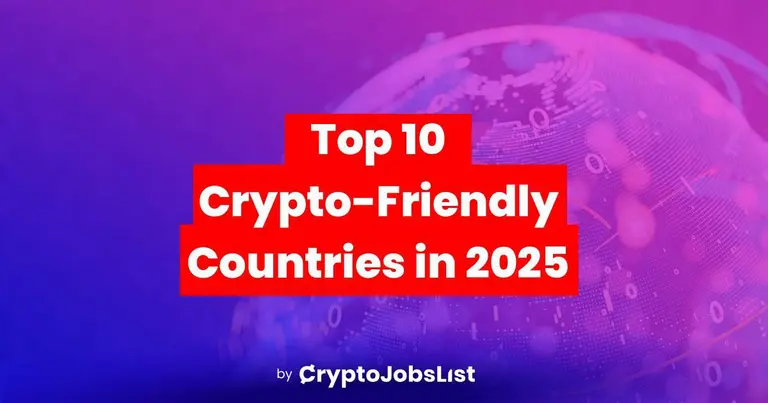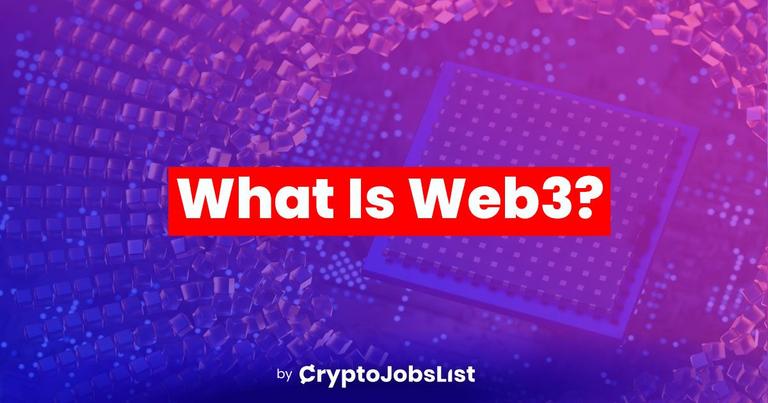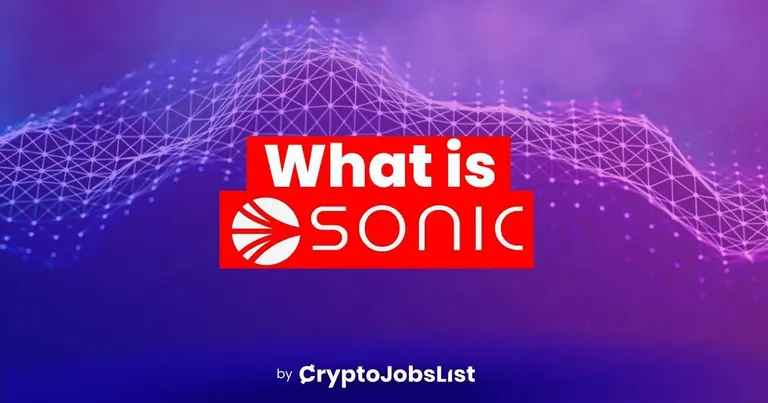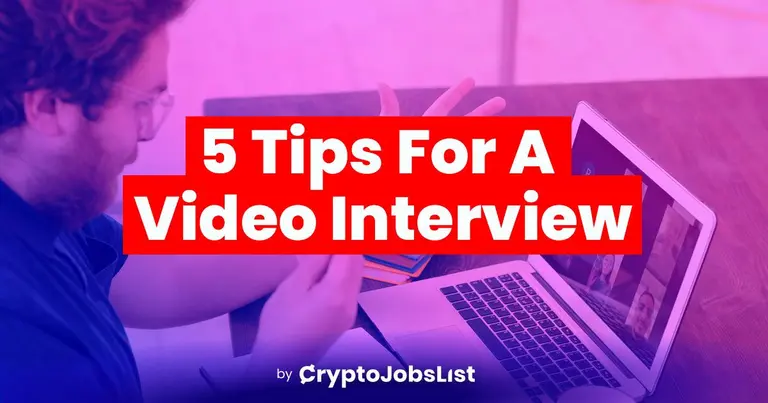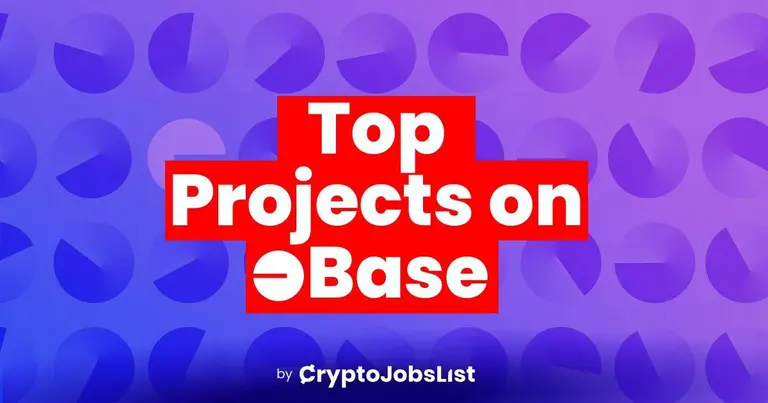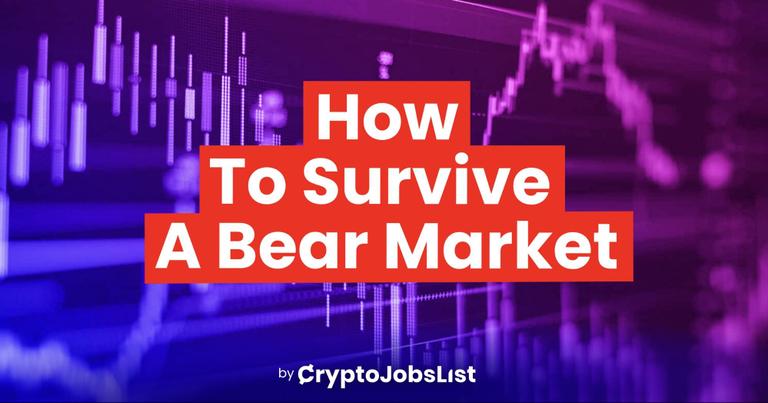How to Stand Out in Crypto Job Interviews
Breaking into the crypto industry is both exhilarating and competitive. The rapid evolution of the ecosystem has created a growing demand for talent, but standing out in job interviews takes more than just technical know-how. In crypto, where innovation thrives and culture matters, potential employers look for candidates who bring both skills and passion.
Here’s the ultimate guide to acing crypto job interviews, featuring tips and insights I’ve learned over my 4 years working in Web3 as an SMM
1. How to Master Web3 Fundamentals
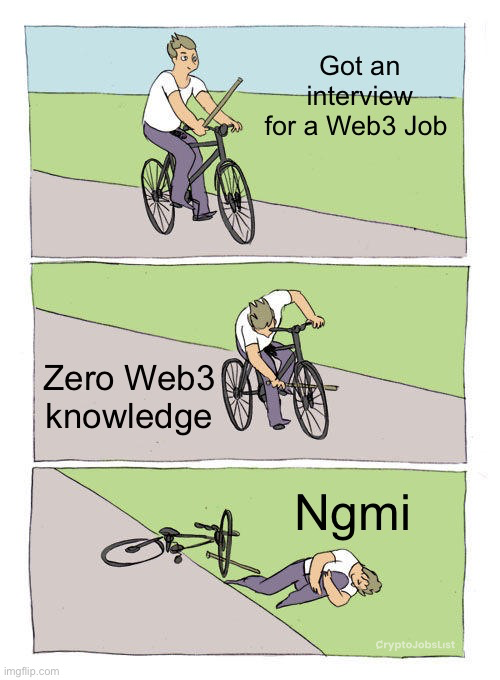
Crypto is a constantly evolving space, but understanding its core principles remains essential. Whether you’re eyeing technical or non-technical roles, master the basics. This ensures you can hold meaningful conversations during interviews which is crucial.
Start by understanding blockchain mechanics, consensus mechanisms (like Proof of Work and Proof of Stake), smart contracts, tokenomics, and the significance of decentralization. Even if you’re not in a technical role, interviewers will expect you to understand the fundamental problems blockchain solves.
- Example: If you’re applying for a marketing position, you should still understand how Ethereum gas fees work or why Layer 2 solutions like Arbitrum and Optimism exist. This knowledge will help you create better strategies and connect with the community.
Resource Tip: Spend time on free resources likeAndreas Antonopoulos’ YouTube channelto quickly grasp these fundamentals. Podcasts like Bankless and Unchained are also great for staying informed on key concepts.
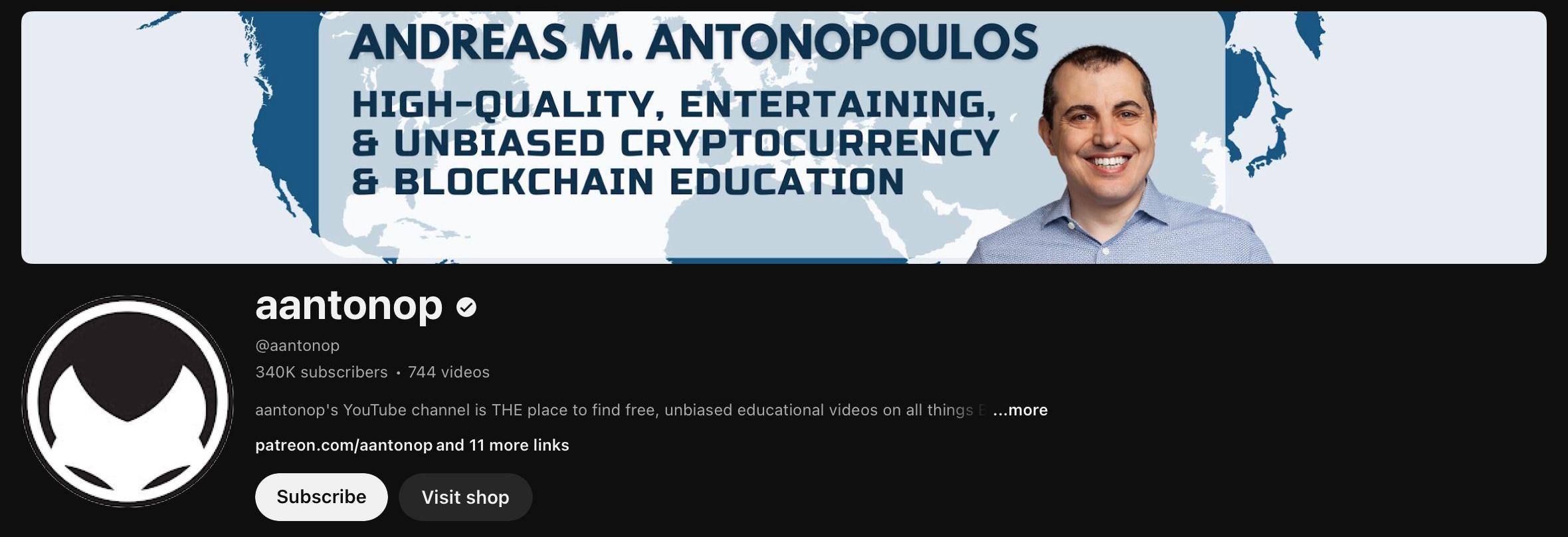
2. How to Highlight Relevant Experience
Your resume may have landed the interview, but connecting your past experiences to crypto-specific challenges is what will truly make you stand out. This industry thrives on problem-solvers who can adapt quickly.
For every role, think about the most relevant experiences you’ve had and how they translate to crypto. For instance:
- Community Managers: If you’ve grown online communities or led engagement campaigns, highlight specific results like increasing user activity, organizing events, or scaling members.
- Developers: Share projects where you’ve built apps, managed APIs, or worked with distributed systems skills directly applicable to smart contract development or Dapp building.
- Marketers and Writers: Showcase experience writing for niche audiences, developing content strategies, or driving engagement across decentralized platforms.
Employers don’t just look at your resume, they want you to explain how your past achievements will solve their current challenges.
Pro Tip: Add a crypto twist to your experience:
For example: if you managed social media for a brand, explain how you’d apply those strategies to Crypto Twitter or decentralized social platforms like Lens Protocol or Farcaster.
To have a better understanding of highlighting experience, LinkedIn wrote a great article on Maximizing Interview Impact that I've used personally with great results and I've added an image below to give an idea of a resume that gets recruiters attention visually and simply breaks down your skills to make it easy to read.
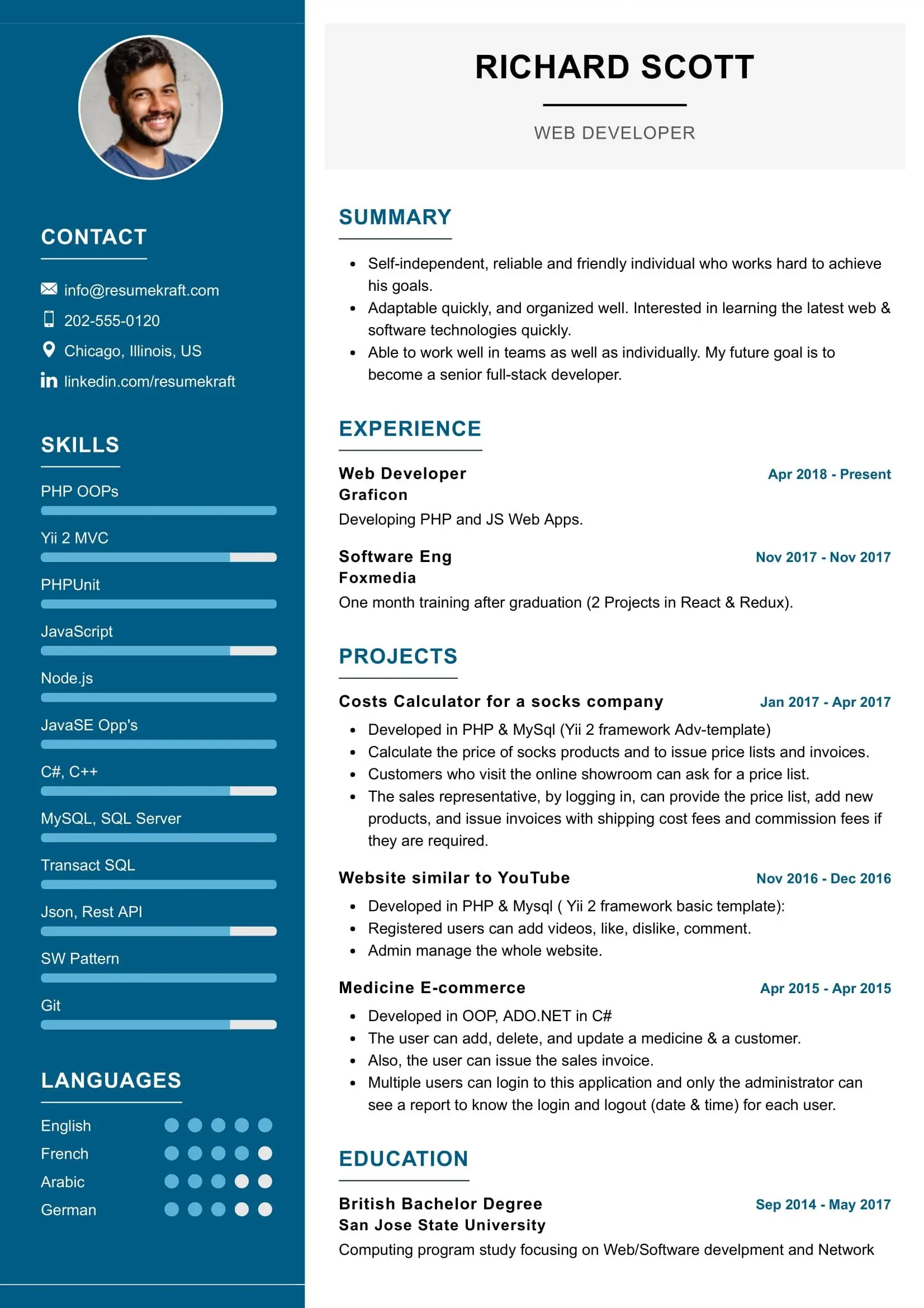
3. Demonstrate Passion for Web3
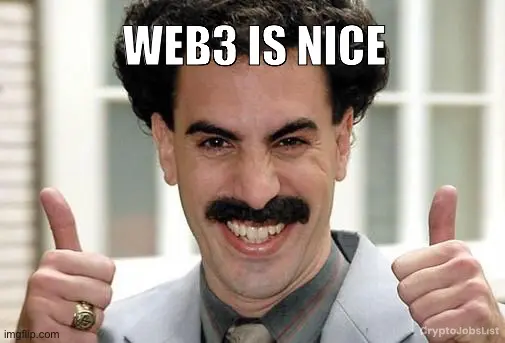
Hiring managers in crypto don’t just want an employee, they want someone genuinely excited about Web3’s mission. This space isn’t just about technology; it’s a movement toward decentralization, self-sovereignty, and financial freedom.
How to showcase your passion:
- Participate in DAOs: Join projects like Bankless DAO or Developer DAO and contribute to their initiatives. Even small contributions show commitment.
- Contribute to Open-Source Projects: If you’re a developer, make contributions on GitHub. For non-techies, consider helping with community content or operational tasks.
- Share Your Journey Publicly: Start a blog, write Twitter threads, or post on LinkedIn about your learnings, challenges, and experiences in Web3. Being visible and vocal will set you apart as someone who truly cares.
- Join Web3 startups: this is an easy way to get your foot in the door, gain experience for your portfolio, and also connect with influential members of the project's community who could be the one who hires you.
Hiring managers are drawn to candidates who aren’t just chasing a paycheck but are genuinely invested in building the future of Web3.
4. How to Prepare for Culture Fit Questions
Crypto teams have unique dynamics: many are remote-first, globally distributed, and built around flat hierarchies. Culture fit is a crucial part of hiring, and interviewers will ask questions to see how well you’ll adapt.
Be ready to answer questions like:
- “Have you worked in remote or unstructured environments?”
- “How do you adapt to shifting priorities or fast-paced projects?”
- “What excites you most about decentralization and Web3?”
These questions aren’t just about your experience, they’re about mindset. Employers want people who are flexible, independent, and enthusiastic about the core values of crypto: transparency, collaboration, and decentralization.
Pro Tip: Share examples where you took initiative in self-managed roles, solved problems without detailed instructions, or thrived in a remote work setting.
To help prepare you even further, here are 56 Blockchain Interview Questions and Answersthat I highly suggest you go over because it's packed with great information, think of it as a cheat code!
5. How to Showcase Your Problem-Solving Skills
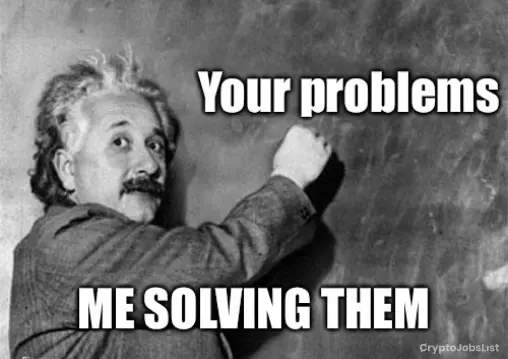
Crypto is filled with challenges, and employers value candidates who can think critically and solve problems creatively. Even if you’re not applying for a technical role, you can stand out by showcasing your ability to tackle real-world issues.
- Developers: Share specific examples where you optimized code, built scalable systems, or resolved bugs under pressure.
- Non-Technical Roles: Highlight situations where you streamlined workflows, managed crises, or found creative solutions to complex challenges.
For example, if you applied for a marketing role and noticed a drop in user engagement, explain the data-driven strategy you implemented to turn it around. Problem-solving is key, regardless of the position.
6. Stay Up-to-Date on Trends
In the crypto industry, trends move fast. Employers are impressed by candidates who not only keep up but also contribute to discussions around emerging technologies, projects, and concepts.
Key areas to stay updated on include:
- NFTs and their evolving use cases.
- DeFi protocols and innovations like yield farming or liquid staking.
- Layer 2 scaling solutions (Arbitrum, zkSync).
- The rise of decentralized social platforms (Lens Protocol, Farcaster).
Pro Tip: Follow thought leaders like Vitalik Buterin, Anthony Pompliano, and Laura Shin on Twitter. Set up alerts for updates from platforms like CoinDesk, Decrypt, or The Block to stay informed. Being “in the know” shows you’re invested in the industry’s growth.
7. Be Clear About Your Value Proposition
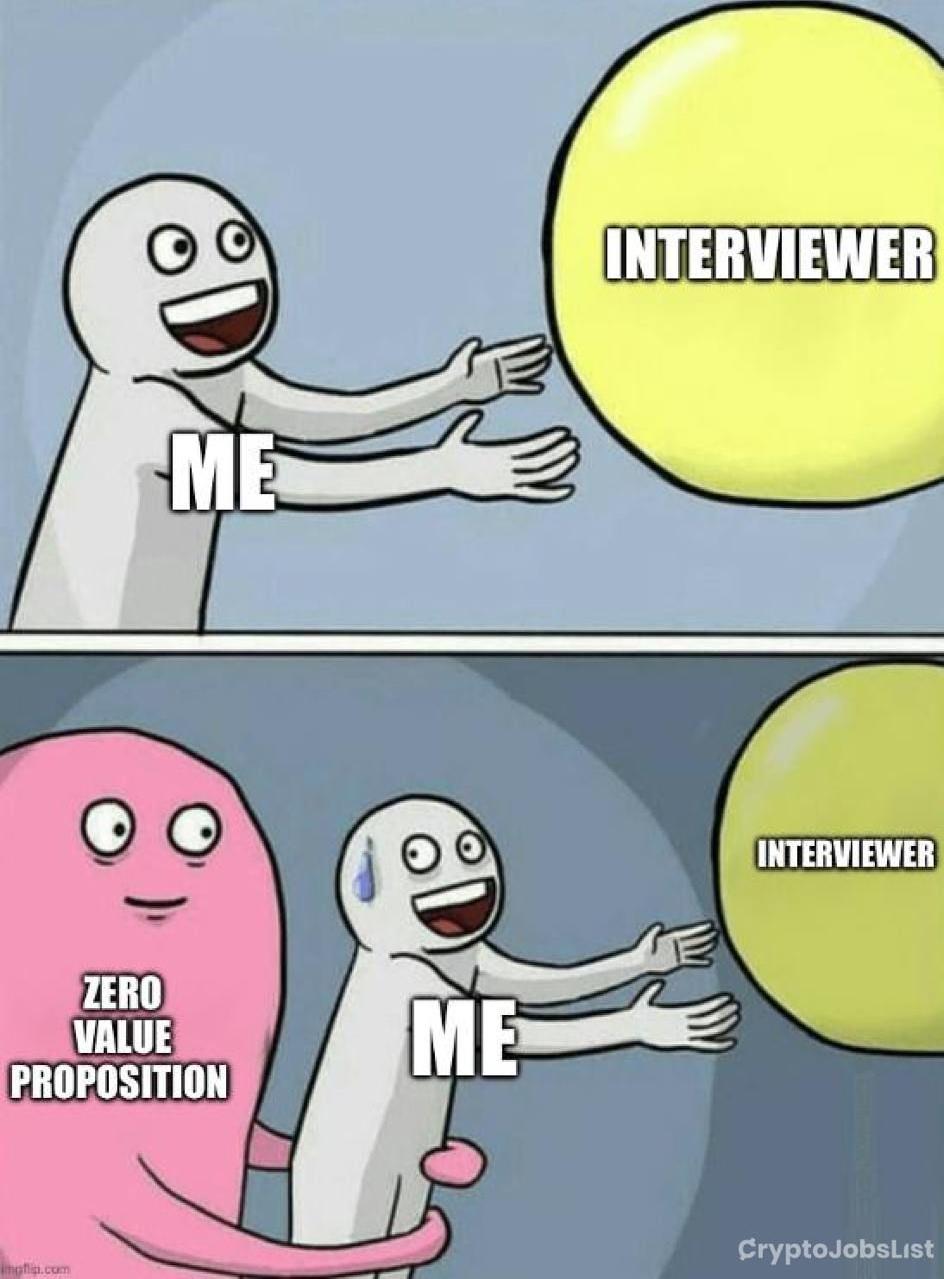
The most successful candidates communicate what makes them uniquely suited for the role. Employers don’t just want someone competent, they want someone who aligns with their mission and can make an immediate impact.
Before the interview, research the company’s values, products, and goals. Then, tailor your responses to their needs. For example:
- If a company is building a DeFi lending platform, emphasize your understanding of lending protocols, token incentives, and user acquisition strategies.
- If you’re interviewing for a DAO role, highlight your experience managing decentralized teams, fostering transparency, or navigating governance challenges.
Be Clear About Your Value Propositionsets you apart as a candidate who’s not just prepared, but also proactive to help you develop, I've attached a blog post to identify the Top 6 Skills needed to get hired.
8. Bonus Tip: How to Follow Up After the Interview
In Web3, where collaboration and initiative are highly valued, the interview doesn’t end when the call ends. Following up can leave a lasting impression.
- Send a Thank-You Email: Express gratitude for the opportunity and reiterate your enthusiasm for the role. A concise, thoughtful email can go a long way.
- Reference Key Points: Mention specific questions or topics discussed during the interview. This shows attention to detail and keeps the conversation going.
- Ask About Next Steps: Politely inquire about the next stages in the hiring process. It highlights your proactivity and eagerness to join their mission.
These small steps reinforce your professionalism and genuine interest in contributing to the company.
Conclusion
Standing out in a crypto job interview requires a mix of knowledge, adaptability, and enthusiasm. By mastering the fundamentals, connecting your experiences to Web3 challenges, and demonstrating your passion for the space, you’ll position yourself as a standout candidate.
Remember, preparation and passion are your greatest assets. The crypto industry rewards those who show initiative, stay engaged, and embrace its ever-evolving nature.
Ready to break into the Web3 space and land your dream job? Start by browsing the latest Web3 Jobs on CryptoJobsList today! Take the first step toward a decentralized future, your career in Web3 awaits you🫵




